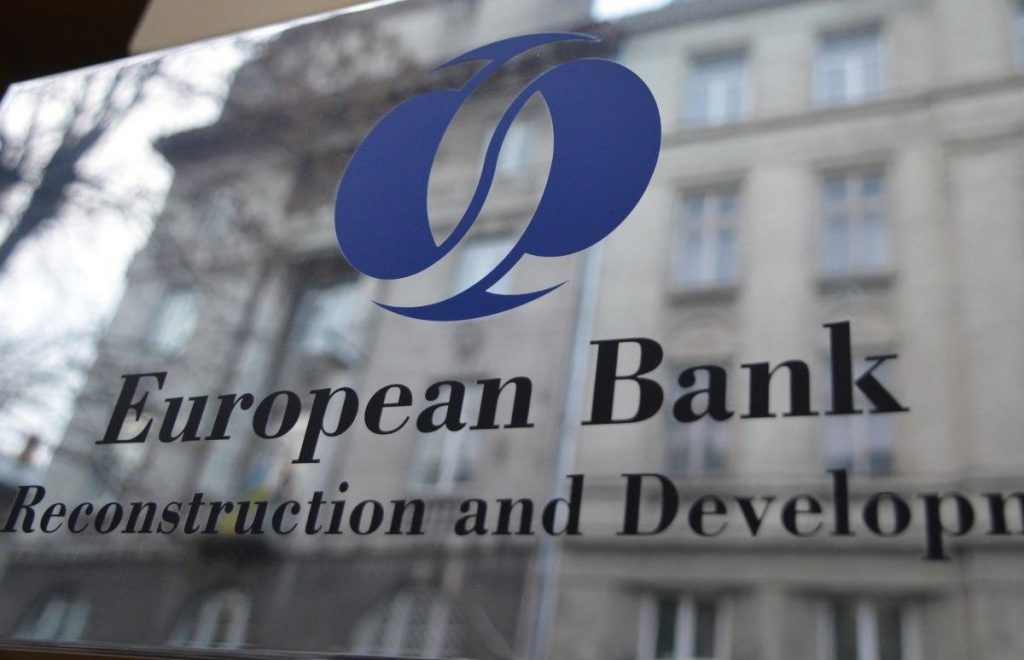In the rush for a post-COVID economic and societal recovery, the European Bank for Reconstruction and Development (EBRD) is strengthening its dialogue with civil society to better prepare a comprehensive response to the crisis. The pilot “Digital Civil Society Programme” recently launched by the EBRD in Turkey seems to be part of a renewed engagement by the bank to enhance the protection of civil society space and, subsequently, of human rights.
The EBRD is unique among international financial institutions in having both an express political mandate as well as an economic one. This dual objective recognises the interconnectedness between political and economic reforms and the importance of human rights for development. The bank’s founding agreement underscores its commitment to the “fundamental principles of multiparty democracy, the rule of law, respect for human rights, and market economics”. The EBRD has however been criticised due to its weak human rights policies and its strong partnership with authoritarian governments, to the level that its new head was defending the bank’s lending practices in autocratic countries as recently as December 2020.
The rapid decline in civil society space around the world is part of a larger geopolitical transition involving democratic recessions and the resurgence of authoritarian tendencies exacerbated by the current sanitary crisis. This decline has emphasised the importance of digital spaces as a way to ensure the independence and sustainability of civil society. Digital civic freedoms – freedoms of expression, association and assembly online – are increasingly part of a larger geopolitical debate about the future of the internet (open and global versus sovereign and closed).
Th EBRD’s pilot project, launched in the 10-year anniversary of the UN Guiding Principles on Business and Human Rights, could set new standards for EBRD’s work and involvement in the protection of human rights in Turkey. The framework for businesses to respect human rights and civic freedoms is becoming increasingly entrenched, including through the growth of mandatory human rights due diligence laws as well as corporate human rights policies and human rights impact assessments.
Will the EBRD be able to properly fulfil its mandate and enhance a multi-party democratic dialogue this time? In a country in which space for civil society is continuously under attack, will this pilot project successfully contribute to create a robust civic space essential for good governance, the rule of law and for enabling citizens to shape their societies? Or will it show once again that the time has finally come for the European and international financial architecture for development to be reshaped?

